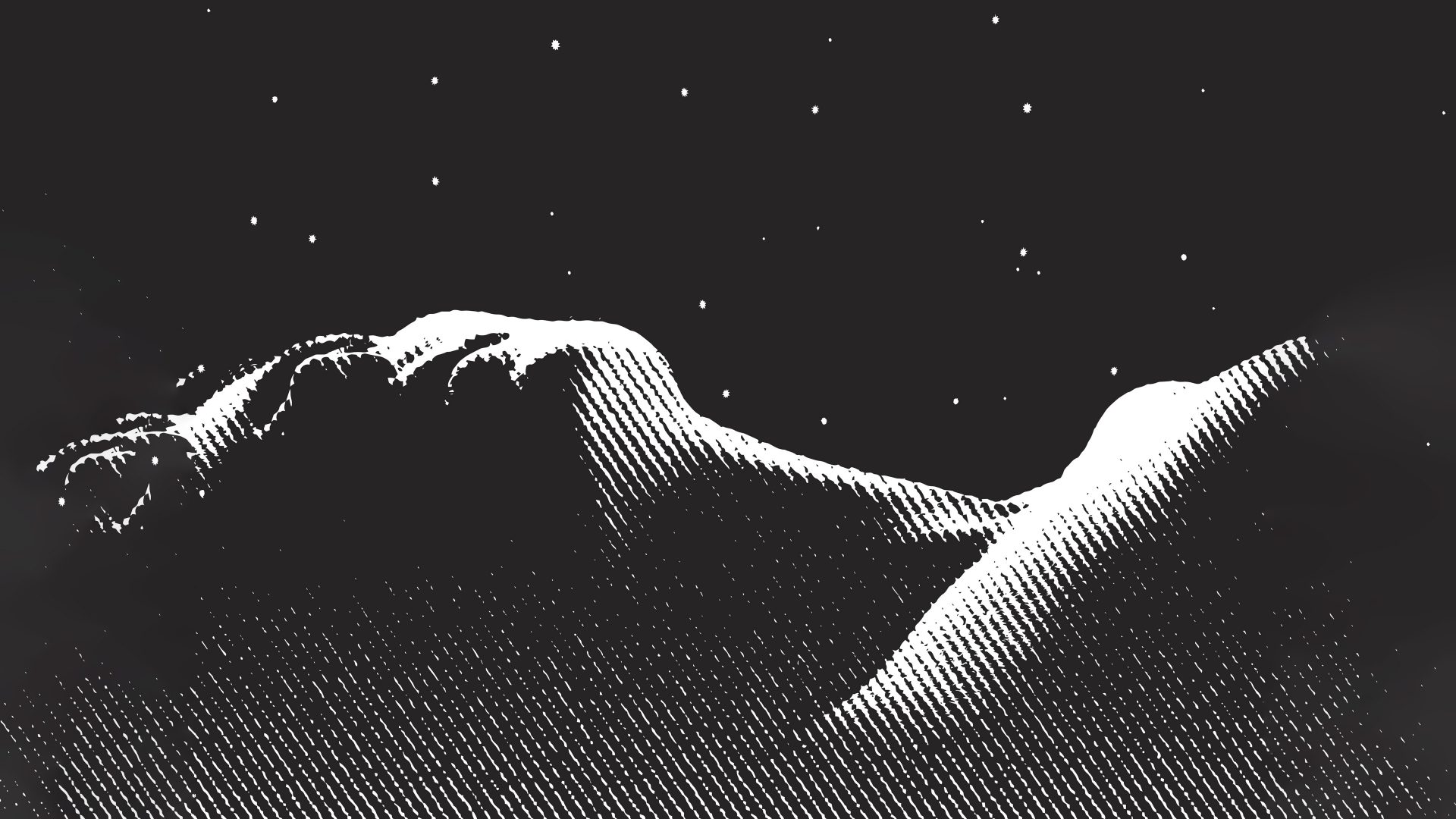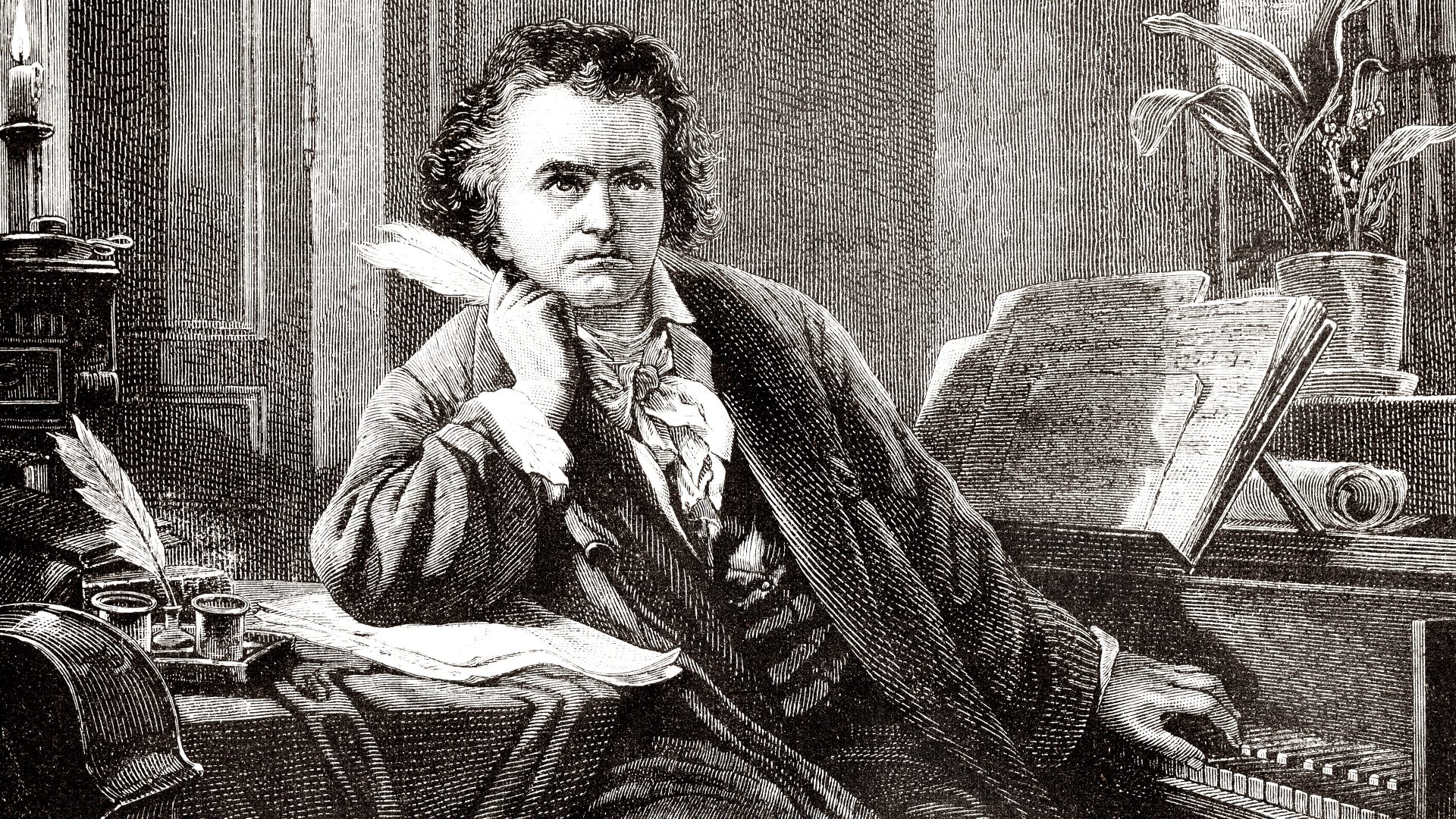The Oxford-based sleep scientist Vladyslav Vyazovskiy has raised the possibility that we are thinking about sleep and hibernation the wrong way. Most of us assume our lives are lived when we are awake, with sleep providing recuperation from that. But Vyazovskiy suggests that we might think of sleep and hibernation as the default settings of animal brains – including our own.
If you make that Gestalt shift, periods of being awake would be best seen as the gaps between the organism’s more natural state. That probably goes too far, but sleep and hibernation certainly have their attractions, particularly during a British winter.
Hibernation differs from sleep. It involves a special kind of controlled reduction in an animal’s metabolism, though the precise details differ from species to species.
Seasonal hibernation, the sort of thing that hedgehogs and hamsters go in for, is a way of minimising energy expenditure when food is scarce. It usually involves going into a state of torpor with reduced heartbeat, slower breathing, and a drop in body temperature.
There’s an interesting question as to whether humans have ever had this ability. If our ancestors were able to do this, it could have helped them survive harsh Ice Age conditions. But no human beings today hibernate, though many of us go into something closer to a winter lethargy, the strategy also adopted by badgers: like them we become less active, don’t go out so much, and put on weight.
My earliest understanding of hibernation came from Tove Jansson’s Moomins books. Her fictional white animals with large, rounded snouts reacted to changing weather conditions.
When the snow began to fall in Moomin Valley in November, they’d settle down for their long winter sleep. They wouldn’t wake up properly until April, although in Moominland Midwinter Moomintroll wakes up in January.
Sleeping through the winter months seemed like a good idea to me then. It still does in some ways, particularly on days when the sun doesn’t break through the clouds and everything is bleak. I have a lingering envy of the Moomintrolls’ ability to go directly from autumn to spring without experiencing the dark, cold days of winter.
There can be a stark beauty to winter, I’ll concede. And plenty of people love Christmas and New Year’s Eve celebrations. But most over-wintering animals break their hibernation to forage a little, and perhaps we could do something similar, waking up for present-giving and a nice family meal, and then retiring to the bedroom for another month.
What if scientists were to discover a reliable way of artificially inducing hibernation in humans, one without side-effects? Imagine a world in which doctors could prescribe hibernation tablets as they do sleeping pills!
Would it be best understood as enhancing life, or as just another drug-assisted form of escapism? Perhaps this would be the perfect cure for Seasonal Affective Disorder – simply omit the season that offends.
Hibernation would only work for a rich and indolent elite: taking a few months off work every year wouldn’t be possible for everyone. And the hibernators would probably have to pay the poor to guard them, too.
This scenario is not so far-fetched. Since at least the early 1950s, scientists have been researching pharmaceutical methods of triggering a suspended low-energy state.
No doubt Elon Musk is looking into this as it would be very useful to be able to go into hibernation en route to Mars – a trip that would take at least nine months. Someone would have to stay awake to deal with emergencies, but most of the astronauts could be out of it for the journey.
Anyone wanting to make longer trips into space would benefit hugely from the ability to suspend life for the duration of travel, to be reanimated shortly before arrival. That would also make much better use of onboard resources. This kind of controlled hibernation might well be the way forward for space travel.
But for the rest of us, even if we could afford not to work, opting to hibernate would involve loss. It would deprive us of something important in life: contrast.
Spring feels like spring because it comes after snow and ice. Shakespeare pointed out that “summer’s lease hath all too short a date” – that’s not such a bad thing, since if we had warm weather all year round we wouldn’t appreciate the changing seasons.
Moomintroll-style hibernation is attractive – but only as a fantasy. When hibernation drugs become available from the pharmacy, let’s give them a miss. They’ll probably just make life blander.



